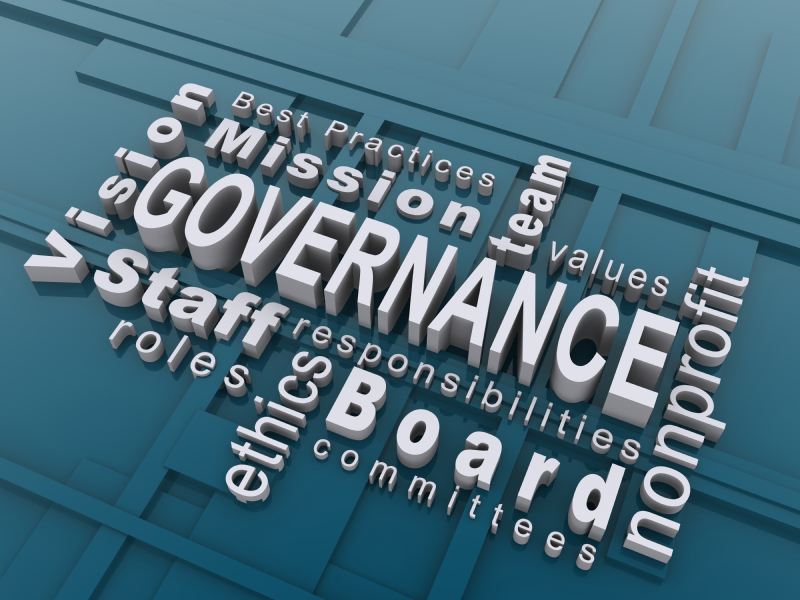
Nonprofit Conflict of Interest Procedures
Conflicts inevitably arise. Nonprofits should adopt a Conflict of Interest Policy to navigate these situations.

Conflicts inevitably arise. Nonprofits should adopt a Conflict of Interest Policy to navigate these situations.

n the complex landscape of nonprofit corporations, the role of the board of directors is crucial in steering the organization towards its mission. To ensure transparency, accountability, and sound decision-making, boards must establish and implement robust policies and procedures.
A corporation’s governing documents are fundamental to how the organization operates. In most states, a nonprofit corporation’s foundational documents generally include Articles of Incorporation and Bylaws. Though, states differ in verbiage.

The extent to which a board participates in its daily operations varies. Whether your board is a hands-on board or a policy-making board, several fundamental decisions must always remain in the board’s hands:

Ultra vires is a Latin term conveying that acts outside the permissible scope of authority set forth in a corporation’s governing documents are an unauthorized activity that cannot be ratified by its Board of Directors. Although many states have effectively abolished this common law concept by granting corporations significant autonomy, ultra vires continue to be an important doctrine in the tax-exempt nonprofit context because such organizations are required to limit their powers to qualify for tax exemption.
Nonprofit organizations are governed by a board of directors responsible for making significant decisions and ensuring that the organization operates in compliance with relevant laws and regulations. However, to carry out the board’s responsibilities, nonprofit corporations need to have officers elected by the board.

The end of the year is a busy time for all nonprofits. Because of this, some obligations tend to slip through the cracks. Since the consequences can devastate a nonprofit, it is vital to ensure certain responsibilities are met by year-end.

The group of individuals charged with the governance of nonprofits are often referred to interchangeably as directors or trustees. These terms are similar in that they both refer to the group of individuals who have a fiduciary duty to oversee the nonprofit organization. However, from a legal perspective, there are important distinctions.

In a nonprofit corporation, the duties of the Secretary are crucial to the smooth functioning of the organization. The role of the Secretary is vital

3. Think Big. Boards without great leadership can get bogged down in the minutia. The minutia include the compliance and oversight responsibilities of the board. While it’s important to do these things well, it’s not the organization’s raison d’être. Great board chairs help steer the board clear of this phenomenon by keeping the board focused on their vision of the impact the board wants to make on the community the organization serves. Great board chairs understand that focusing on the organization’s breakthrough goals rather than busywork keeps the board energized and engaged.
Most states require you to register your organization if you solicit donations from their residents. Many states also require registration if your organization collects substantial or ongoing donations from their residents, even if you aren’t specifically targeting donors in that state. Download our comprehensive list of each state’s requirements.
Download our free guide to learn about the many elements needed to run a successful nonprofit organization, as well as how to avoid common pitfalls and mistakes.